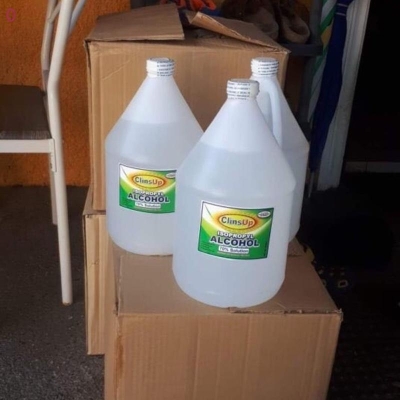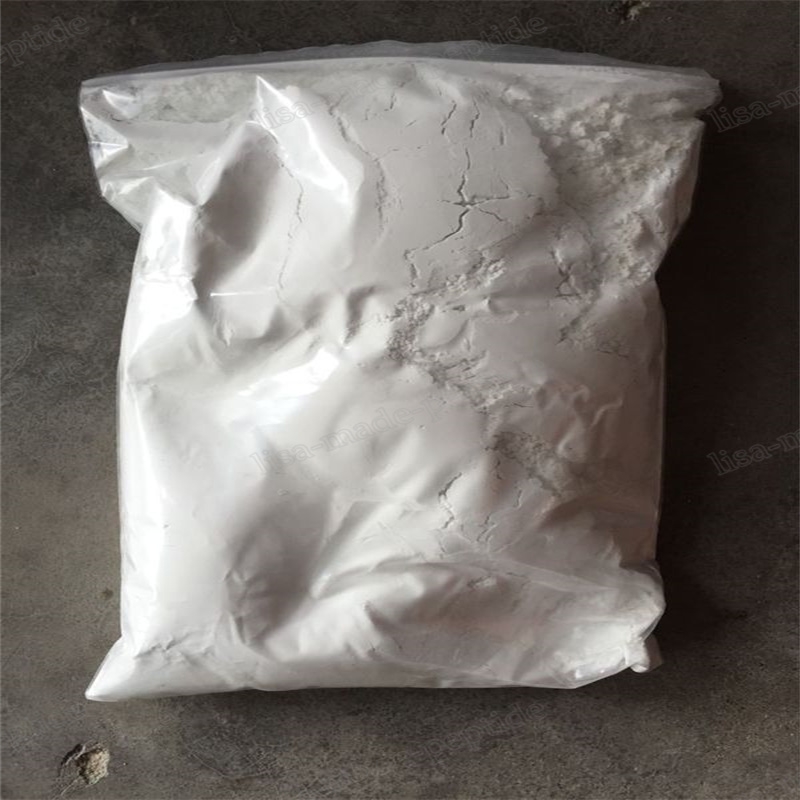-
Categories
-
Pharmaceutical Intermediates
-
Active Pharmaceutical Ingredients
-
Food Additives
- Industrial Coatings
- Agrochemicals
- Dyes and Pigments
- Surfactant
- Flavors and Fragrances
- Chemical Reagents
- Catalyst and Auxiliary
- Natural Products
- Inorganic Chemistry
-
Organic Chemistry
-
Biochemical Engineering
- Analytical Chemistry
-
Cosmetic Ingredient
- Water Treatment Chemical
-
Pharmaceutical Intermediates
Promotion
ECHEMI Mall
Wholesale
Weekly Price
Exhibition
News
-
Trade Service
[ Star Enterprise of Chemical Machinery and Equipment Network ] The "China Plastics Environmental Footprint Assessment" report stated that in the next 15 years, the core of China's plastics economic development and "plastic control" should be from "response to plastic waste pollution at the end of the industrial chain" to "response "Linear plastic economy" transforms, reforms the mechanism and system, and accelerates the development of a recyclable, easily recycled, and degradable plastic economic model.
Improving the cycle performance of plastics in the economic system refers to the ability of plastics to continue to operate in the economic system.
There are two main points: one is to improve the recyclability of plastics, and the other is to reduce the dependence of plastic raw materials on exhaustive resources, especially oil.
Chemical machinery equipment network star enterprise chemical machinery equipment plastic raw materialsImproving the cycle performance of plastics in the economic system refers to the ability of plastics to continue to operate in the economic system.
There are two main points: one is to improve the recyclability of plastics, and the other is to reduce the dependence of plastic raw materials on exhaustive resources, especially oil.
BASF has launched a circular economy plan to double sales related to circular economy solutions to 17 billion euros by 2030.
In order to achieve this goal, the company is focusing on three major areas: raw material recycling, new material recycling and new business models.
In order to achieve this goal, the company is focusing on three major areas: raw material recycling, new material recycling and new business models.
In the field of plastic machinery recycling, waste plastics are decomposed and melted into recycled materials, which are then used in the manufacture of new products.
However, materials without subsequent processing will not be suitable for many applications.
BASF's R&D personnel have developed various plastic additive products to solve the above problems to stabilize and improve the quality of recycled materials.
Solutions such as compatibilizers help to strengthen the mechanical properties of polymer mixtures, thereby enhancing the mechanically recycled plastics and their products in the plastics cycle.
plastic robotHowever, materials without subsequent processing will not be suitable for many applications.
BASF's R&D personnel have developed various plastic additive products to solve the above problems to stabilize and improve the quality of recycled materials.
Solutions such as compatibilizers help to strengthen the mechanical properties of polymer mixtures, thereby enhancing the mechanically recycled plastics and their products in the plastics cycle.
In the "chemical cycle" project, chemical recycling converts plastic waste into secondary raw materials.
For example, through a thermochemical process called pyrolysis, the pyrolysis oil obtained can be used in the chemical industry to make new products.
The advantage of this process is that it can recycle mixed plastic waste and contaminated waste.
For example, through a thermochemical process called pyrolysis, the pyrolysis oil obtained can be used in the chemical industry to make new products.
The advantage of this process is that it can recycle mixed plastic waste and contaminated waste.
In order to advance this promising technology, BASF has launched the "Chemical Cycle" project (ChemCyclingTM) in 2018.
BASF R&D personnel are working with partners to further develop and improve processes to produce pyrolysis oil from mixed plastic waste.
In 2020, BASF Europe invested 16 million euros in Pyrum Innovations AG to support the company's expansion of the waste tire pyrolysis production facility in Dillingen, Germany, and to further promote the technology.
BASF R&D personnel are working with partners to further develop and improve processes to produce pyrolysis oil from mixed plastic waste.
In 2020, BASF Europe invested 16 million euros in Pyrum Innovations AG to support the company's expansion of the waste tire pyrolysis production facility in Dillingen, Germany, and to further promote the technology.
This article is compiled and published by Plastic Machinery Net.
Part of the source is BASF.
If you have any infringements or objections, please contact us.
Part of the source is BASF.
If you have any infringements or objections, please contact us.
Original title: BASF launches "Circular Economy Program" to improve the recyclability of plastics







